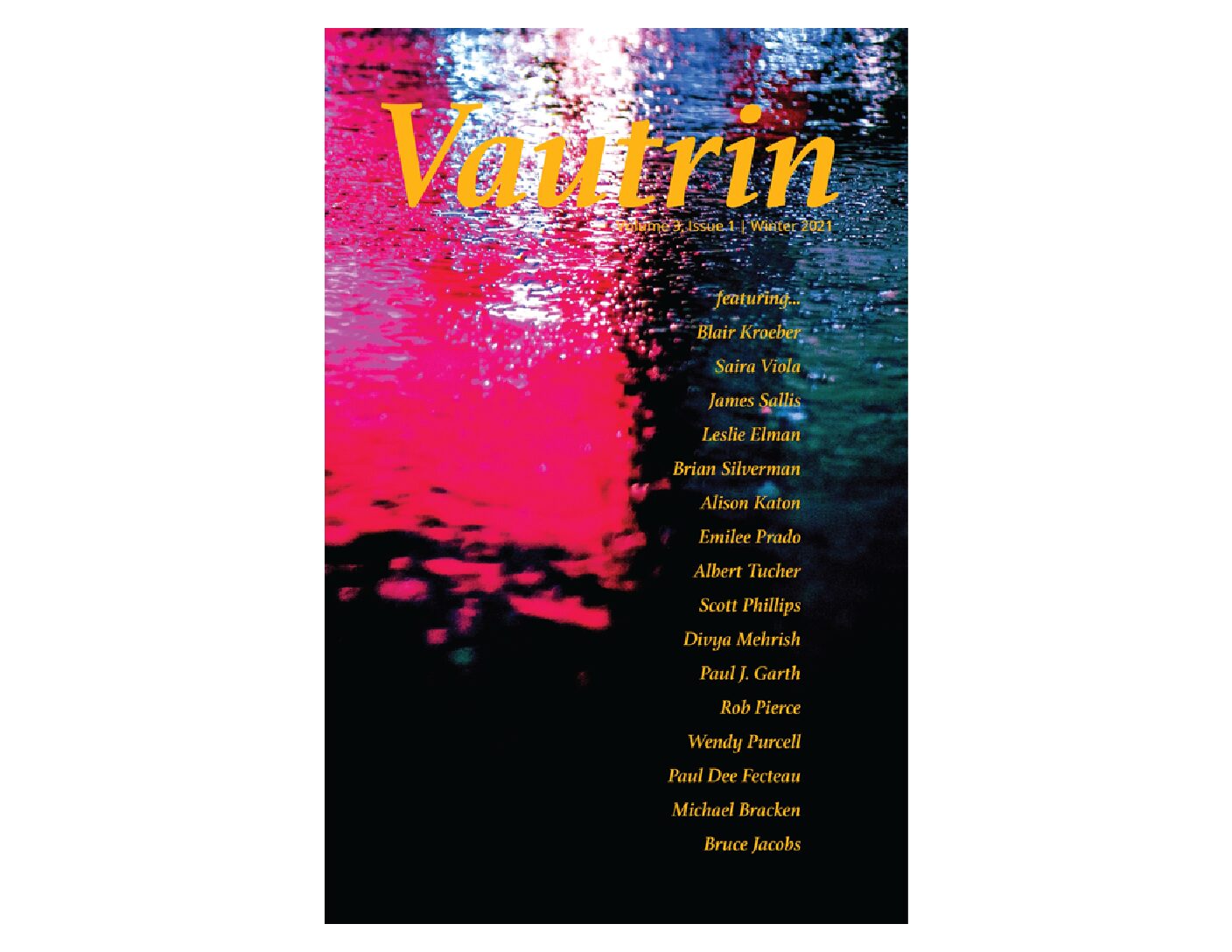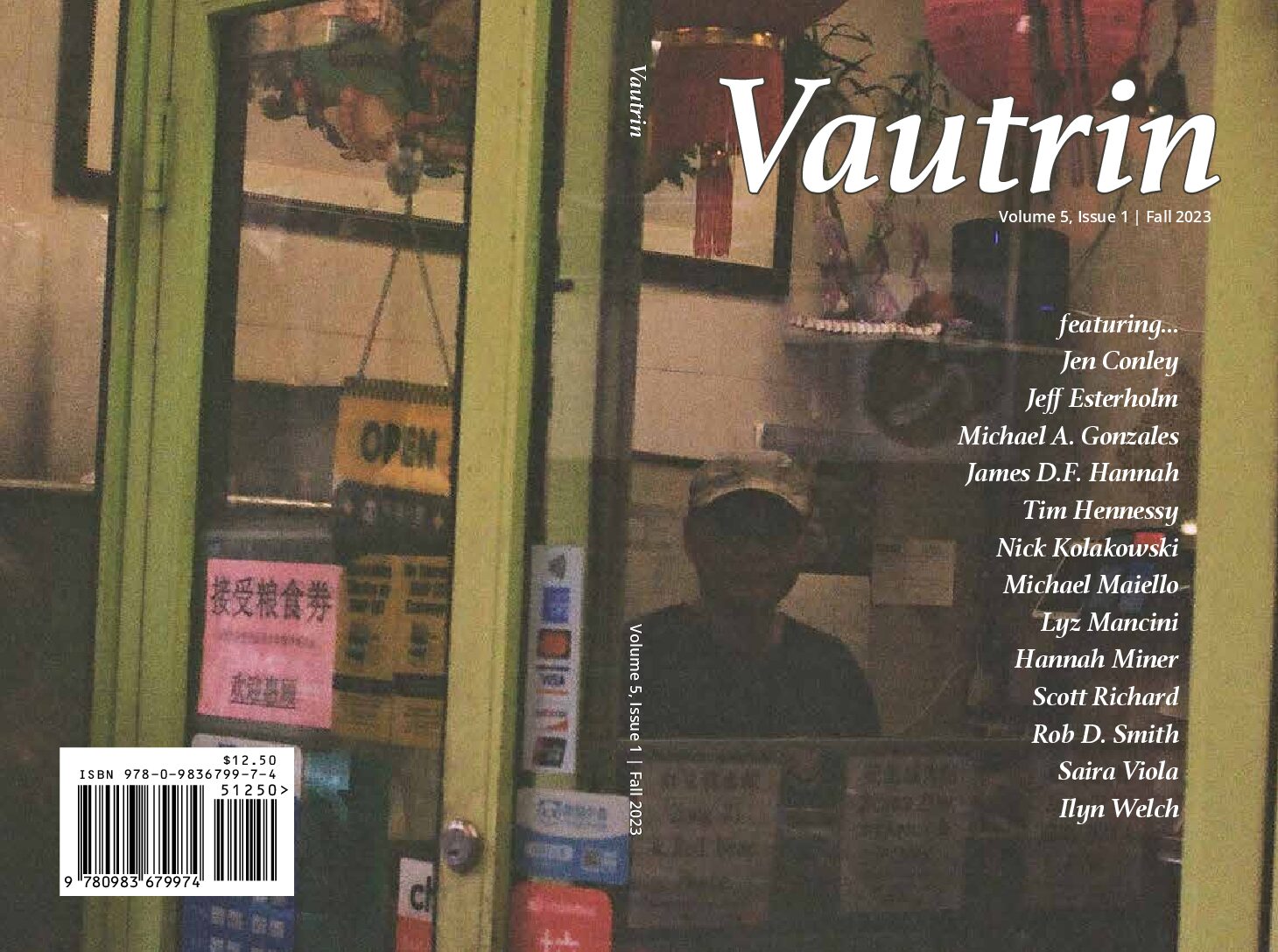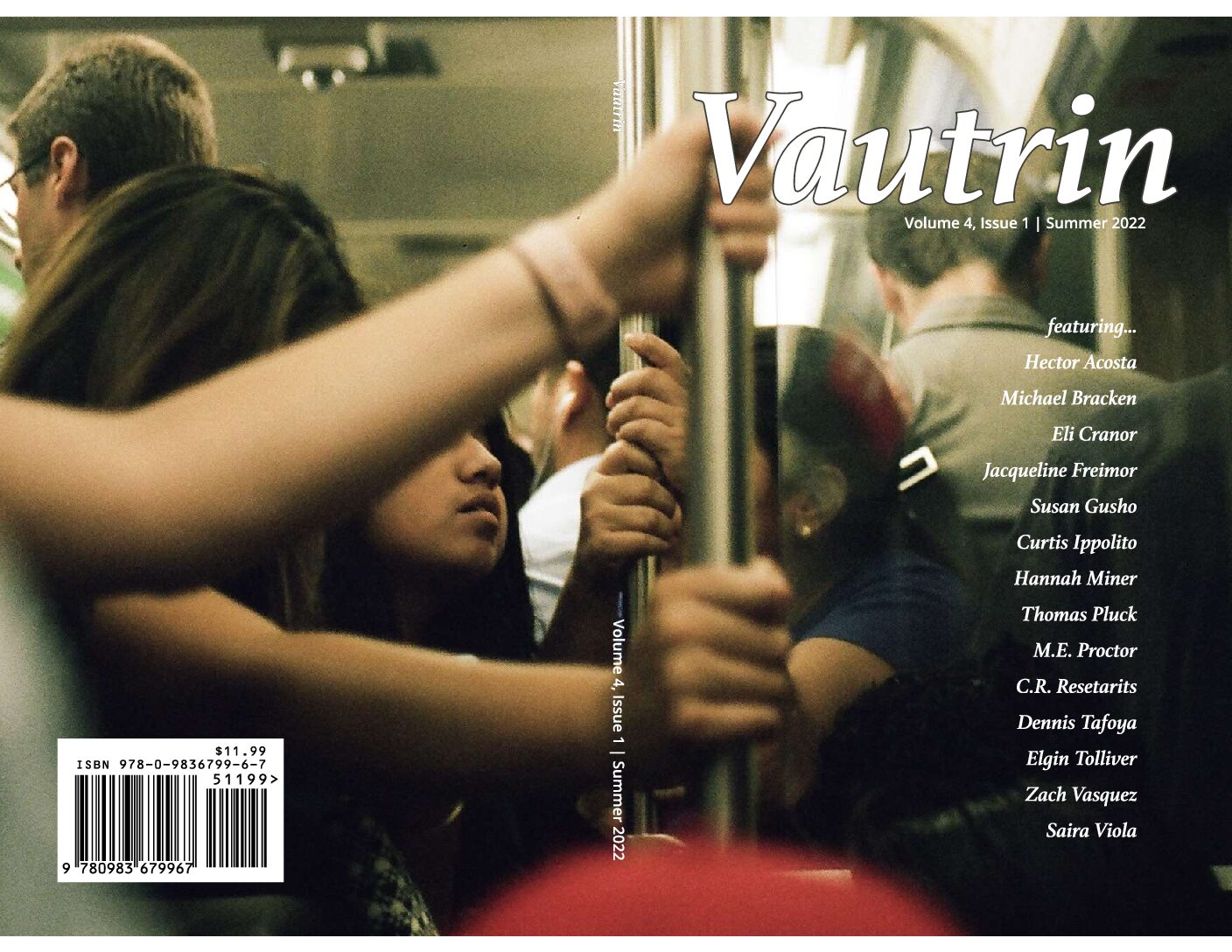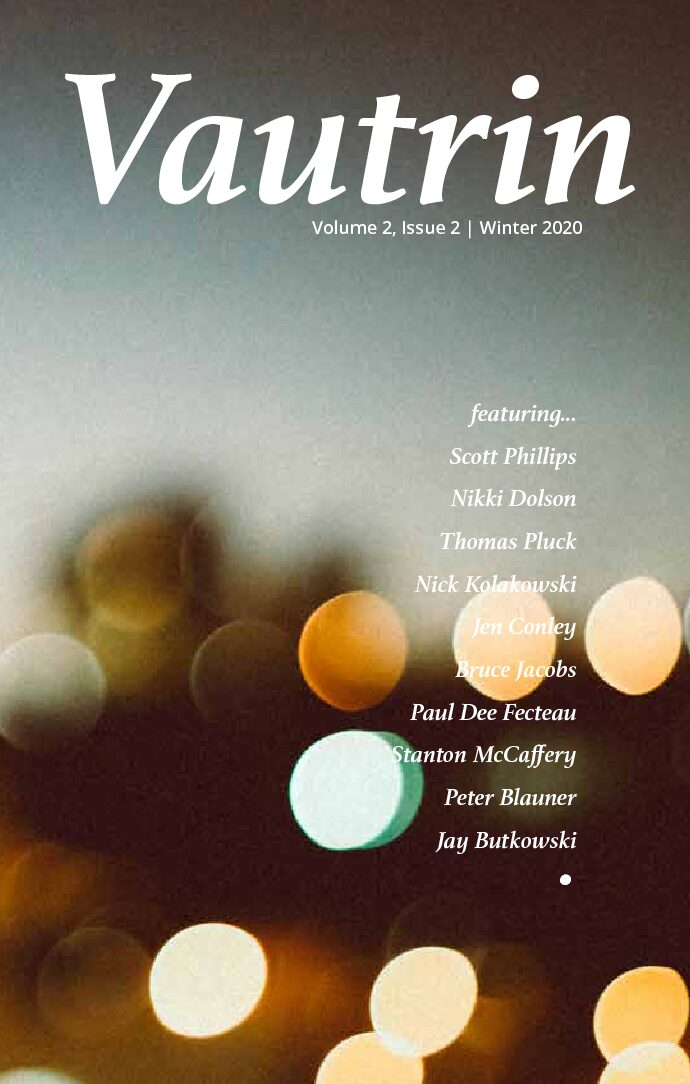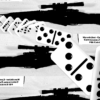By Todd Robins /
Think of what’s compelling about literary noir. It depends on the writer’s approach. Patricia Highsmith differs from James Crumley, who differs from Chester Himes, Elmore Leonard, or James Ellroy. The latter three mirror one another in that the language of the street is to the fore. These writers thrive on sound. Ellroy’s American Tabloid, though a chore to get through, ups the ante on sound while offering a singular if narrowly cynical view of America.
It’s into this discussion that the bold, prodigiously gifted Saira Viola arrives with her recently completed novel, Smoke Show. The book forms a dialogue with Tabloid since both works present broad, vivid portraits of America in extremis and decay, with intricate understanding of how the underworld works.
But Viola diverges from Ellroy in ways that make Smoke Show a thoroughly rewarding reading experience—a lively, fresh take on noir.
If most narratives about the criminal underworld depict tough dudes in charge, the ruthless, raffish mastermind at the heart of Smoke Show is none other than Lainey Greenberg, formerly of a difficult upbringing in Brooklyn, now a Hollywood agent, copiously equipped to outmaneuver any adversaries.
She strolls through the narrative with no apologies:
Lainey stood almost six feet tall in her two-tone spiked stilettos. She stomped past a stoop-shouldered, silver-haired clerk who flung a catty look at her little black cocktail dress, that had hiked its way to the top of her knees. Lainey looked her up and down. “That’s what happens to good honest people who have regular jobs. They get closer and closer to death without ever having lived at all.”
Lainey starts out the novel in deep kimchi. Some scheme of hers went haywire. She lost her ass. She’s in debt to a real mother of a crime boss, a cat named Vince Lucardi. He senses something’s amiss and deploys his soldiers to apply pressure.
That’s all the impetus Lainey needs to get rolling on a rock-and-roll swindle to scam her way out of trouble and stay alive. She launches a punk band, Artisanal Pussy, with the heartfelt intent to con the musicians out of their mazuma and royally hose their futures.
A Wiggle and Giggle Chick with a Slut-Bomb Bounce
Viola’s following caught on quick. When it comes to infusing prose with sound, no one in crime fiction surpasses her. You don’t read her novels so much as groove them. The line, A wiggle and giggle chick with a slut-bomb bounce, debuted in her debut, Crack Apple and Pop (Fahrenheit Press). She’s rocked rat tat tat and cha cha cha ever since. The technique, sonic scatterscript, focuses on rhythm and melody, stressed beats. Assonance and consonance tighten up phrases.
“I start with a beat and the writing develops from that,” Viola says.
Many of her literary influences are poets: Baudelaire, Rimbaud, Heathcote Williams, Octavio Paz and Linton Kwesi Johnson.
But Viola riffs on Chester Himes: “He epitomizes slam-bam-rip-roaring word perfection. A master of satire, the imperfect, perfect genius. The Emperor of word fizz. Any of his books are a treat to read. A winner of France’s Grand Prix de Littérature Policière, his books are studded with the crisp zing of street slang and poetic razzmatazz.”
Sonic Scattershot in Smoke Show
The author’s approach holds up jauntily in Smoke Show, as when eventual Artisanal Pussy lead singer Otis, newly arrived in LA from her ramshackle digs in Texas, reflects on her state of affairs:
Her red, red lips and salted eyes had already swum back to Texas. She’d always given her heart to stray pups, whiskey bums, and junkie flowers, always believed in WONDERLAND. Now she felt like an angel spotted with ringworm. And she wondered how she’d ended up shelling sex to middle-aged pricks in cut-price suits and jizz-blotched baggy-crotched Levis.
Otis’s passage through the narrative is one of the book’s great pleasures. She is Smoke Show’s soul. In a novel that’s well-stocked with the aforementioned extremis and decay, with murderers and con artists, she grabs the reader early with a pressing question: can this imperfect, perfect woman with the honey-smoked voice keep her spirit intact amid the chaos?
When you first take hold of her, it’s through the lens of Free Radical Freya, another eventual Artisanal Pussy member who, an hour or so before, ceremoniously sent a serial rapist pedophile judge to his reward.
Freya leaves the crime scene, stops for cigarettes, and finds Otis hanging out. Freya’s no one to run afoul of, but in another of Smoke Show’s virtues, she’s two sides of a coin: creator and destroyer. She quickly surmises that Otis, fresh from Texas in hope of becoming a singer, might be in over her head. She wants to tell Otis
Go back! There ain’t no love here. Just red snapper clit flicker playa pimps flat backing your angel-shaped hips in those dim lit, drag strip skin bazaars.
Go back! There’s a fixer, dream stealer, and talent spotter on every street corner ready to shop your soul to all the movers, shakers, and porno parlours in town.
Knockout Writer with an International Background
Viola spent her early childhood in various African countries, then moved to London. She escaped into books as a means of dealing with the change.
She’s steeped in Dickens, whose novel Oliver Twist is set in the criminal underworld of London’s Clerkenwell neighborhood.
While working in advertising in London, she published her second novel, Jukebox (Fahrenheit Press), which is set in Clerkenwell. Viola discovered Dickensian London was very much alive amid its bohemian, crooked streets. Behind the surface glitter and luxury high rises, there still exists a hotbed of crime.
The book is populated with a Jewish mob boss described as the John Gotti of London, a savvy female journalist who’s quits with celebrity news, and a lawyer who wants out of his day job to break into the music industry. It’s a witty, satirical work, a harbinger for Viola’s latest feat in Smoke Show.
She rode recognition from Jukebox to a stint in West Hollywood, where the idea for Smoke Show started to gel.
“Smoke Show started out as a few notes, fragments of something, just rattling around my brain,” she says. “In West Hollywood I was exposed to a smorgasbord of different experiences, scattered moments in time. And then a story of sorts took shape.”
The question arises: is she as amazing in life as she is in her writing?
“Saira has this really sharp, witty side,” her friend Eleonor Khan says. “But she really cares about people. She would literally give you the jacket off her back. Literally.”
Smoke Show Smokes Out Tabloid
If literary works do, in fact, form dialogues with one another, it might be said that in writing the magically cool Smoke Show, Viola has, in some way, answered Ellroy’s assertion in the opening pages of American Tabloid:
America was never innocent. We popped our cherry on the boat over and looked back with no regrets. You can’t ascribe our fall from grace to any single event or set of circumstances. You can’t lose what you lacked at conception.
It probably depends on who you ask. The characters in Tabloid are lost. But America is still the country of righteous music.
In Otis, we see that no noir, no groove, no melody, is complete without soul.





